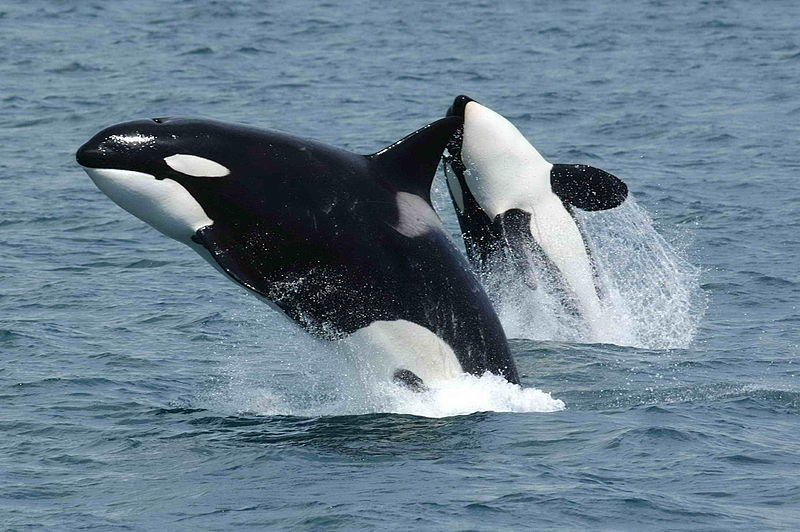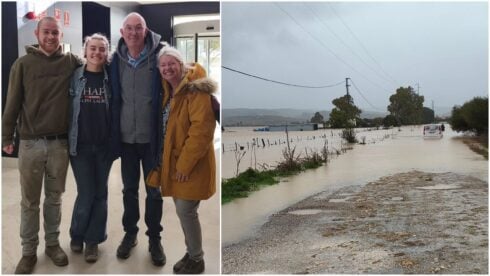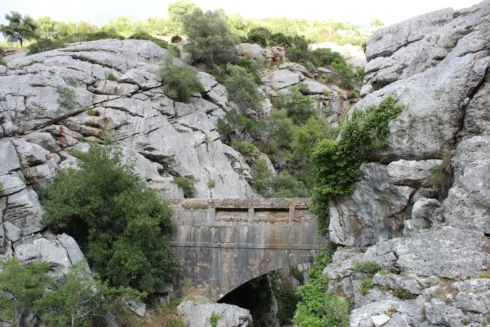KILLER whales are being tagged with GPS trackers with the aim of monitoring their position and reducing interaction with vessels.
One of the approximately sixty orcas that live in Spanish waters, especially in the Strait of Gibraltar and the Galician coast, has already been tagged with a small, harmless, non-invasive GPS device embedded in its dorsal fin which is continuously broadcasting its position.
The information provided by this satellite tag will make it possible to identify movement areas of the pods and thus minimise navigation in those areas and with it, help avoid attacks on sailboats which, for unknown reasons, have multiplied in recent years.
The Ministry of Ecological Transition and Demographic Challenge is promoting this satellite tagging, in collaboration with CIRCE (Conservation, Information and Study of Cetaceans).
As part of this project, satellite tagging of six killer whales, previously identified as those individuals interacting with the vessels, will take place.
The information provided by this satellite tag, which will be expelled naturally by the animals’ bodies after about five weeks, will make it possible during the period in which the device is operational to identify its location and to draw up a weekly map of the approximate area in which this killer whale has moved.
This information will be shared with the competent administrations, which will disseminate it to the attention of mariners, to try to minimise the risk of interaction by avoiding or minimising navigation in these areas.
So far this year, Salvamento Marítimo has had to assist and tow 24 sailing vessels after encountering killer whales and running into problems in the waters of the Strait of Gibraltar.
The number almost doubles the fourteen rescues they had to make in the whole of 2022 and the 13 they made in 2021, data which do not include the incidents in which the sailboats did not require assistance.
The killer whale (Orcinus orca) is an intelligent, social marine mammal which is regularly present in the waters under Spanish jurisdiction, specifically in the Strait of Gibraltar and the Galician coast where it finds essential habitats for feeding.
Individuals are organised in stable social groups and prey on bluefin tuna (Thunnus thynnus), which triggers their migratory movements.
READ MORE:
- New killer whale incident as sail boat is damaged off coast of Spain’s Andalucia
- Yachts banned from stretch of coast in southern Spain after recent spate of killer whale attacks
Click here to read more Andalucia News from The Olive Press.








